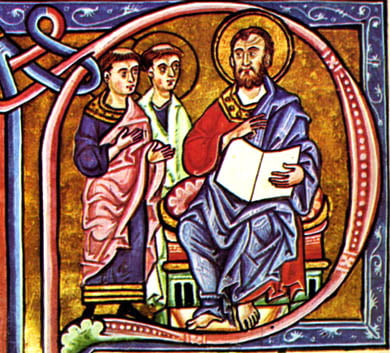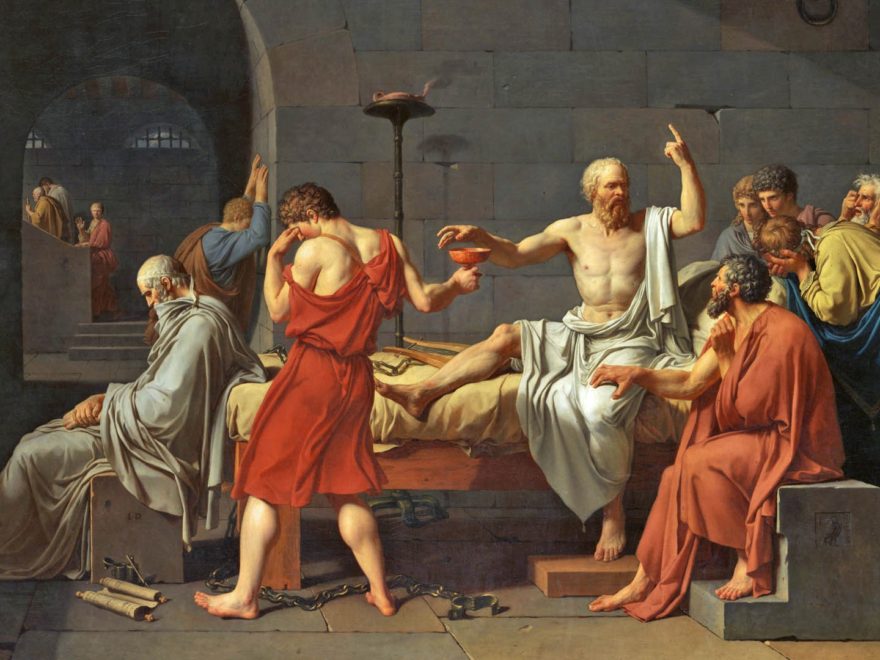Tag: Paul
-

Gifted to Serve: Spiritual Gifting and High School Students
The Via Sabaste was a Roman road that cut through the heart of Asia Minor, bringing traffic of all sorts through the small town of Lystra. Well-formed routes such as this enabled the rapid expansion of the church in the first century. Despite the ease of travel, Paul’s first visit to Lystra could not have…
-

Paul’s School of Mentorship
Classical school leaders often emphasize the centrality of mentorship in the educational process, particularly in grades 6-12. They have wisely observed that the junior high and high school years are a pivotal phase in a person’s development. As students gradually spend more time with peers in settings without their parents, small yet formative opportunities emerge…
-

Training the Prophetic Voice, Part 6: Classical Rhetoric for the Modern World
In my last post, I explored the concept of internalization. Students need to internalize the truth in such a way that it impacts their lives personally. Obviously this will look different for each individual, so there is no formula. I like to think of each person as embarking on a journey during which they will…
